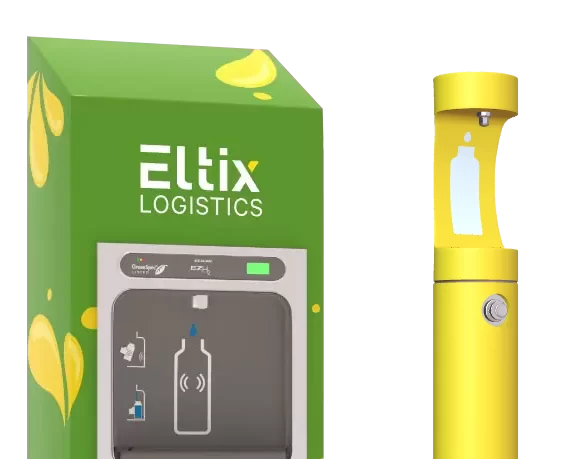 20th Mar 2015 by MIW Water Coolers
20th Mar 2015 by MIW Water Coolers
Water coolers and productivity
About sixty per cent of your body is water. That figure varies, but only by about 3% of total weight. For someone who weighs 70 kilograms, that is a variation of about two litres either way and if the level of water in your body falls much below that, you could be in trouble. An optimal level of water is necessary for every system of our body.
It is very easy when we are distracted with other things, to overlook the fact that we may be mildly thirsty, but be careful, because thirst is only the first and least important symptom of dehydration. Next come headaches, mental difficulties, constipation, kidney problems and cardiac stress. Along the way, to the more obvious physical symptoms, dehydration will adversely affect decision-making and cognitive performance. Not only does this lead to a decline in productivity, but it could also be responsible for an increased risk of error and accident. That is why office water coolers play such an important role in keeping productivity up. Fortunately, it’s relatively easy to spot the symptoms of dehydration, even if you or your workers have trained yourselves to ignore the most obvious one – thirst. Any headache or a feeling of unusual light-headedness may be a cue to drink some water.
The output of the kidneys is a direct clue to how hydrated the body is. If our water level is normal, the body will be turning over about 10% of our water every day; the kidneys will be constantly outputting water and our urine should be no darker than a pale straw colour. Dark yellow urine is a sure and immediate sign of a hydration problem. After oxygen, water is the most important factor in optimum physical health.
Proper hydration is needed for healthy brain function, perspiring to maintain body temperature, transporting oxygen and nutrients around the body, lubricating joints and eliminating toxins through urine.
Most people need to drink about two litres of water a day and failing to do that leaves us at less than our top form.











